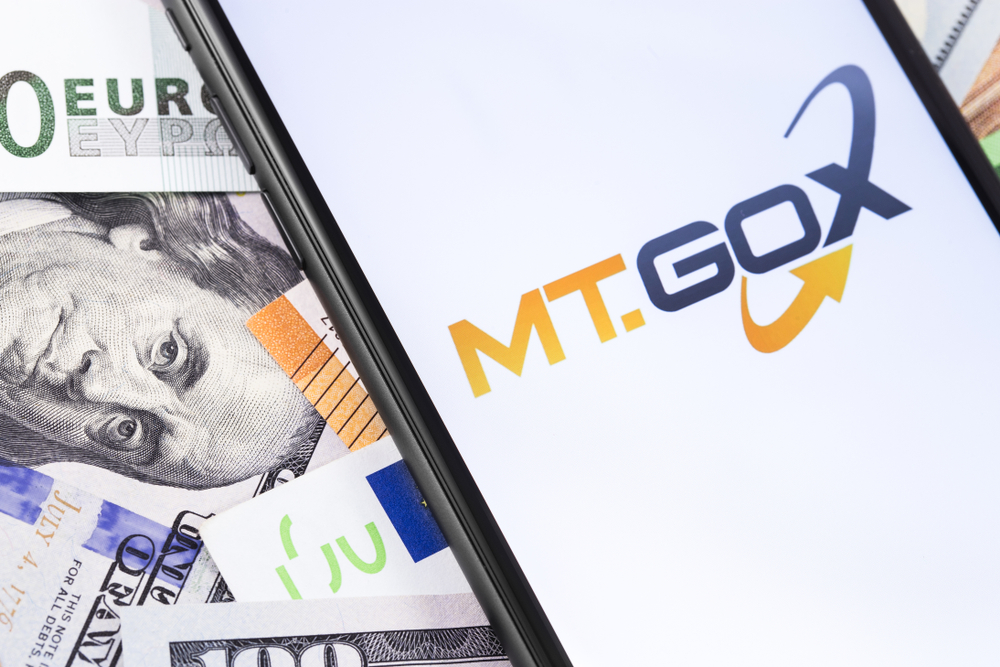History of Mt. Gox Explained
Also referred to as the Mt. Gox legacy, the Mt. Gox history is a frequent flyer of the annals. It is cited as the initial point of call in all talks regarding crypto exchange failures, stressing the significance of robust security protocols and regulatory oversight.
From Magic cards to Crypto Giant
Mt. Gox was developed by Jed McCaleb, a programmer. Earlier conceived as a platform for trading Magic: The Gathering cards, the name of the site illustrated its initial objective.
Nevertheless, Jed soon identified Bitcoin’s growing potential as a digital currency. In 2010, he remodeled the site into a Bitcoin exchange, indicating the start of Mt. Gox’s involvement in cryptocurrency.
In 2011, Jed sold Mt. Gox to Mark Karpeles, a French entrepreneur and developer. The firm was relocated to its headquarters in Tokyo, Japan.
Three months afterward, Mt. Gox experienced a major hack. Nearly 25000 BTC were stolen, resulting in a significant drop in Bitcoin’s value.
In spite of the setback, Mt. Gox kept growing and became the globe’s biggest Bitcoin exchange. By 2013, Bitcoin trading on the exchange accounted for more than 70% of all Bitcoin transactions.
Security Issues that Drown the Giant
From 2011 to 2013 Mt. Gox encountered several hacks and transaction malleability attacks, mostly leading to brief suspension of withdrawals and trading.
The constant security issues caused distrust among users and led to operational challenges. In May 2013, Mt. Gox halted the withdrawal of U.S. dollars for two weeks to address regulatory adherence concerns.
The suspension worsened liquidity issues. November 2013 was the peak of Mt. Gox, with the price of Bitcoin rising to above $1000.
Mt. Gox’s Collapse
Troubling rumors of bankruptcy and operational issues started surfacing beneath Mt. Gox’s success. By early 2014, the stories became difficult to ignore, and on February 7, the exchange halted all Bitcoin withdrawals, specifying technical problems linked to transaction malleability.
Mt. Gox Crisis Aggravation
The exchange’s management claimed the suspension sought to evaluate and address existing technical issues. Users were assured that the platform would be secured and normal operations would resume.
Nevertheless, the protracted withdrawal freeze heightened anxiety and suspicions. On February 24. Mt. Gox took down its website and stopped trading activities, sending shockwaves across the Bitcoin community.
A leaked document showed how a running hack led to the loss of numerous Bitcoins, confirming the worst fears of Mt. Gox users. Besides, it revealed the level of susceptibilities in the exchange’s infrastructure.
Mt. Gox Files for Insolvency
On February 28, 2014, Mt. Gox for insolvency protection in Japan. The filing disclosed the firm’s awful financial state.
In March 2014, Karpeles revealed that Mt. Gox discovery of 200,000 Bitcoin locked in the previously used wallet, reducing the overall loss to 650,000 BTC. This offered slight hope to the stressed creditors, though it did not do much to restore the destroyed reputation.
The Mt. Gox Navigates Post-Bankruptcy Filing Crisis
The crisis led to considerable losses and several creditor claims. After filing for bankruptcy, the appointed trustee encountered the intimidating task of untangling the mess.
The process entailed sifting through numerous creditors, most of whom had lost considerable sums in the fall.
Mt. Gox Valuation Disputes and Legal Wars
The valuation of the lost Bitcoin was a major challenge. The court opted to utilize Bitcoin’s value at the time of the insolvency filing, which most creditors felt was inappropriate.
The prosecution claimed that Karpeles had misused funds to cover personal expenses and had concealed the actual state of finances. He was later found guilty of faking financial records but acquitted of the embezzlement charges. He also got a suspended two-and-a-half prison sentence.
Lessons learned
The collapse resulted in enhanced security measures and regulatory structures, highlighting Mt. Gox’s significance in the sector’s evolution.
After several years of uncertainty and legal wars, Mt. Gox creditors are on the cusp of getting their repayments. The major event marks the conclusion of a tumultuous chapter in crypto history and might affect the Bitcoin market because of the significant volume of BTC being released.
Editorial credit: Primakov / Shutterstock.com
Harness the power of AI and supercharge your crypto trading with Finance Legend, the future of automated financial intelligence.
The information provided on this website should not be interpreted as financial or investment guidance and may not embody the perspectives of Forex Tools Trader or its contributors. Forex Tools Trader does not hold responsibility for any financial setbacks experienced due to the use of information provided on this website by its writers or patrons. It's essential to thoroughly investigate and make informed decisions before entering any financial commitments, particularly concerning third-party reviews, presales, and similar ventures. The content you are viewing may be sponsored content, read our full disclaimer to learn more.



